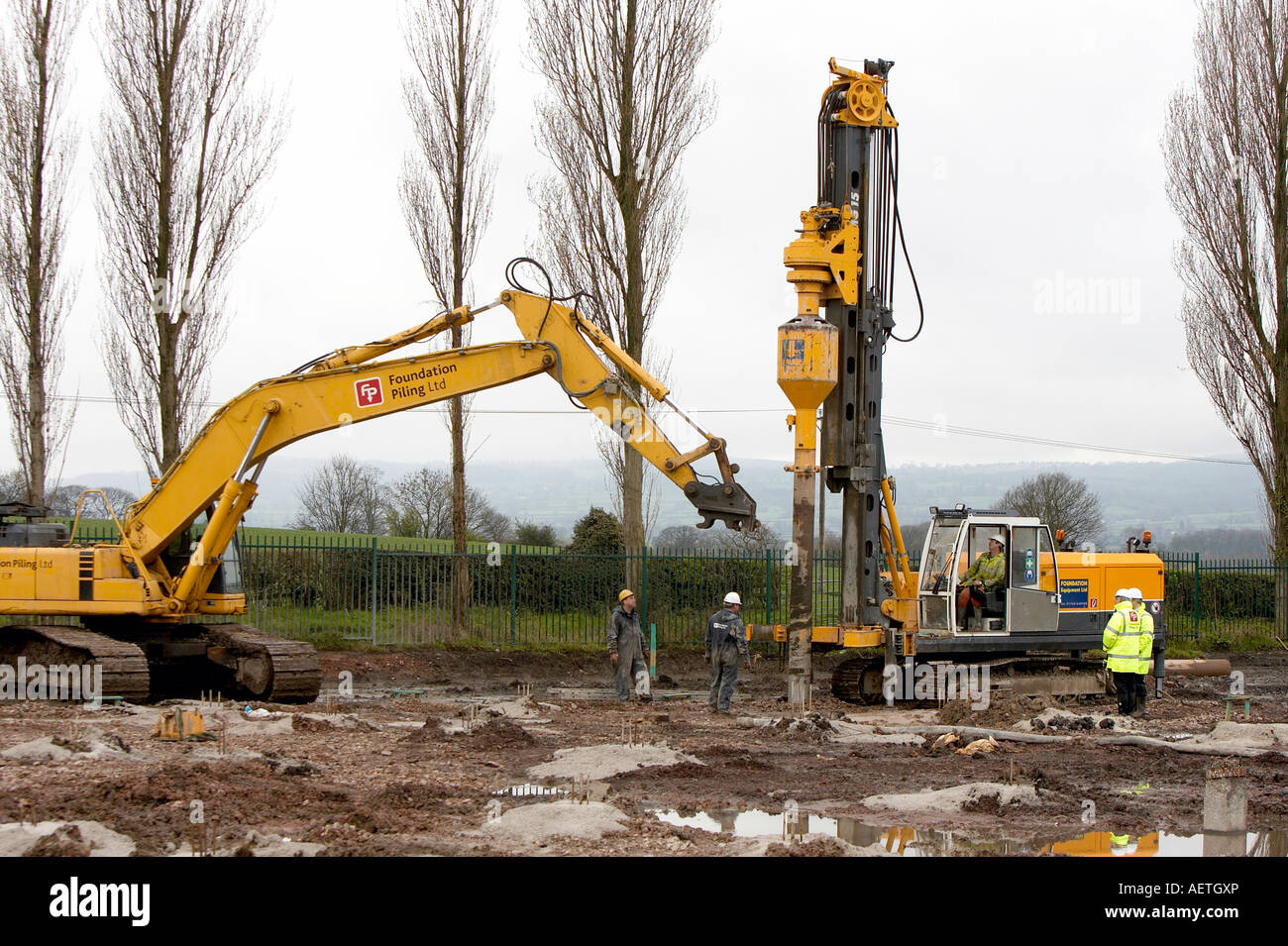Therefore we have put time and effort into development of something much more complicated than simple text search. Of course, it would be impossible to use such an extensive data collection without effective and well-tuned search function.  There are numerous other search parameters to choose from: genre, rating, release date etc. Our team is working hard to regularly upload subtitles for new movies and keep the database up-to-date. For your convenience, subtitle search can be performed for several languages simultaneously.
There are numerous other search parameters to choose from: genre, rating, release date etc. Our team is working hard to regularly upload subtitles for new movies and keep the database up-to-date. For your convenience, subtitle search can be performed for several languages simultaneously.
Contents • • • • • • • • • • • • • • • • • • Etymology [ ] There are two theories for the origin of the town's name. The first is that it is derived from the word for fat; it was originally named for the nearby hill Peekin'ey, meaning 'swollen mountain'. The more macabre theory is that the name is derived from the Chukchi word 'Pagytkenay', meaning 'smelly mountain'. Legend has it that a battle was fought on the site of the modern town between the local Chukchi. At the time, there was no tradition of burying the dead among the indigenous people, so the odor of rotting flesh was present for a long time. This legend suggests a reason why when Russian explorers first discovered the bay, they did not find any settlement, as the Chukchi refused to settle in the region following the battle and only brought their animals to pasture in the summer.
History [ ] 18th and 19th centuries [ ] The area around Pevek was already known to Russians by the mid-18th century, as the records of the document the discovery of. Further references to the cape were made in the records of the expedition, with Russian explorers first describing in the 1760s. 20th century [ ] The earliest records of the settlement of Pevek were made by the writer, who discovered a hunting lodge and in 1926. By the mid-1930s, Pevek became an important port in the region, due to the natural harbor provided by Chaunskaya Bay, the expansion of the, and the discovery of at the Pyrkakay mine (which would later be renamed ) 60 kilometers (37 mi) away. The discovery of minerals throughout this region meant Pevek had an important part to play in importing the required plant and machinery and exporting the extracted minerals and by 1950, the settlement had nearly 1,500 permanent residents. On April 6, 1967, Pevek was granted town status. During the 1990s, after the, the town's population dropped by more than half as commercial navigation in the Arctic went into decline and people began to gravitate towards the central Russian regions.

0.6 2014-05-05. -zekdars.url.ph/34/odezhda-dlya-beremennih-pr-vo-rossiya.html 2014-10-30. Always 0.7 2014-10-26. 0.8 2014-08-21 always 0.5.
More or less regular shipping is presently to be found only from to in the west and between and Pevek in the east. Ports between Dudinka and Pevek have virtually no shipping. Remains of Chaunlag buildings near Pevek The workforce for the mines that provided the with and throughout the large parts of the 20th century were prisoners in the system. There was a network of camps in the region itself, through which an uncertain number of criminal and political prisoners passed. There are the remains of two large camps, 'North' and 'West', which continued to supply uranium during and after. Barracks dot the landscape and have the appearance of being hastily abandoned.
Large graveyards on the edge of the various encampments show that a large proportion of those sent to work in the mines did not survive. Administrative and municipal status [ ] Within the, Pevek serves as the of, to which it is directly subordinated. As a, the of Pevek is, together with two rural localities (the of and ) incorporated within Chaunsky Municipal District as Pevek Urban Settlement.

Climate [ ] Pevek has a climate ( ET), with long, very cold winters, and short, cool summers. February is the coldest month, with average temperature of −27.5 °C (−17.5 °F), while July, with +8.7 °C (47.7 °F), is the warmest. The lowest temperature ever recorded was −50.0 °C (−58.0 °F) on February 7, 8 and 10, 1978, and the highest was +29.2 °C (84.6 °F) on July 8, 2010. View of Pevek port The town is a large port on the, the most important northern port in Chukotka, although shipping levels have dropped significantly in recent years. [ ] The port is the eastern base of the northern sea route's Marine Operations Headquarters, run by the (FESCO) from an icebreaker in the harbor, though the port is still owned by the Russian Ministry of Transport. Gta vice city cheats codes for computer free download.